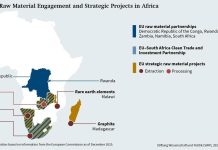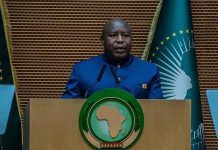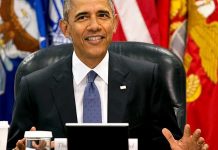Africa-Press – Lesotho. The Ministry of Development Planning through the Bureau of Statistics (BOS) has yesterday published the findings on the study titled, ‘COVID-19 Impact on Socio
Economic Indicators’. The BOS has undertaken the exercise from June to July. The study had established that despite many people suffering from the economic hardships
worsened by the outbreak of the COVID-19 pandemic, there are some parts of the population who were less affected economically. “With the rapid escalation of the spread of COVID-19 and measures to contain the spread,
countries around the world require timely data to inform evidence,” reads the BOS statement in pertinent part. The findings revealed that 26.2 percent of households had a member who needed medical
attention during the lockdown. Meanwhile, the 65 percent respondents were reported as having had financial constraints and therefore were unable to access medical services.
According to the figures, the 86.9 percent stated that they could not afford to buy meat while 68 percent and 38.7 percent could not afford to buy tubers and grains, that is:
maize, sorghum and wheat respectively. The data further highlighted that 5.1 percent of the interviewees lost jobs owing to the Coronavirus outbreak. The BOS reports
that 34.4 percent households had to reduce their food consumption while 29.1 percent of the households “opted for reduced non-food consumption” and the 1.9
percent resorted to selling assets for sustenance in order to cope during the pandemic. The numbers further show that since the outbreak of the pandemic, 21.5 percent of the households
received social assistance “of any kind”. On one hand, the 14.6 percent is reported to have received the food parcels, on the other hand the 6.9 percent received assistance in the form of Direct Cash Transfers.
The findings are predicted to establish the socio-economic implications and households behavior responses during the COVID-19 pandemic outbreak and to enhance policy making efforts to
mitigate the impacts of the virus. “Any policy intervention for this untimely virus will be prepared based on this evidence, as we all know that statistical
data is a key tool for public policy making,” the BOS said. The government of Lesotho first imposed the major lockdown on March 30, following World Health
Organization (WHO) recommendations that were aimed at arresting the spread of the disease. This lockdown saw many non-essential rendering businesses and
workplaces having to suspend operations. The pandemic also casted the dark shadow to the economy, not only in Lesotho but globally and the rebound is projected to take longer.
“The domestic economy is projected to contract by a revised 6.4 percent in 2020, due to the
economic fallout. The output contraction is expected to be led by the decline in economic activity in the textiles and clothing industry and mining industry,” said the Governor of the Central Bank of Lesotho, Dr.
Retšelisitsoe Matlanyane recently while tabling the Monetary Policy Committee report. The study covered all districts and 1, 800 households had been enumerated through a random sampling method. The exercise was supported by the World Bank.
For More News And Analysis About Lesotho Follow Africa-Press






